Taking fat burners while breastfeeding may seem like the easy way out.
After pregnancy, most women want to get rid of baby weight and excess fat right away, so reaching out to fat burners may seem like a logical solution.
However, the question of safety should come first when considering using fat burners while nursing.
That’s why we have spent days researching this topic to arm you with facts and help you decide whether you should use fat burners when nursing.
Quick Summary
- Some fat burners are not safe while breastfeeding as they contain some harmful substances that have been banned by FDA like ephedra.
- Fat burners increase an individual's metabolism rate, which helps you burn calories and in the long run attain the desired weight loss.
- According to the CDC, 41% of U.S. women exclusively breastfeed for 3 months, and 19% do so for 6 months. Breastfeeding itself can aid in weight loss, burning approximately 500 extra calories per day for milk production.
- In my view, though fat burners promise rapid weight loss, a natural approach using balanced nutrition, exercise, and breastfeeding is more holistic and safer for postpartum recovery. Treating your body with care after childbirth is paramount.
How Do Fat Burners Work?
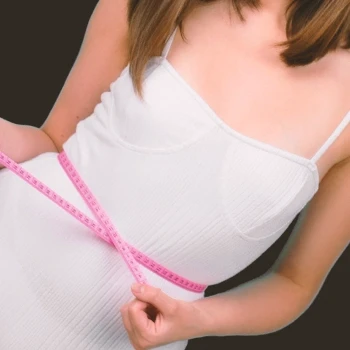
Fat burners have the ability to speed up your metabolism, boost your energy, help you burn calories and maintain a healthy body weight.
To achieve this, most of these products rely on stimulants such as caffeine and appetite suppressants in the form of herbs or chemical compounds.
The metabolism of caffeine and other chemicals in your body also creates some toxins that can end up in breast milk and affect baby’s growth and development.
We recommend checking out our Provitalize review for more information on this effective supplement that combines natural ingredients with caffeine to boost metabolism and curb appetite without making you feel uncomfortable.
Does the FDA Regulate Diet Pills?

The fact that the FDA does not regulate fat burners is a common cause for concern. Through our research, we've found that it's crucial to be extra cautious and well-informed about the supplements you're considering.
The responsibility for the ingredients’ safety is on the manufacturer, which can be dangerous.
‘’We’ve found weight-loss products marketed as supplements that contain dangerous concoctions of hidden ingredients including active ingredients contained in approved seizure medication, blood pressure medications, and antidepressants”
- Jason Humbert, Senior Regulatory Manager, FDA
Some of these ingredients, such as ephedra, have been banned by the FDA, but they are still present in diet pills available for online purchase.
Even in rare cases of FDA-approved fat burners, such as Alli, it is still not recommended for use by breastfeeding women because of the fear that it could pass through breast milk to the baby.
To avoid health risks, you should be extra careful when choosing a fat burner in general, but especially when breastfeeding.
Of course, be extra cautious if you have any medical condition or serious diagnosis before introducing new supplements.
That’s not to say that all fat burners are dangerous. You can find postpartum formulas that are made specifically for nursing women and are beneficial for babies.
If you must use a fat burner while breastfeeding, stick to those that are:
- Free of stimulants
- Caffeine-free
- Free from synthetic replications of vitamins
- Offer hormonal support
How Does It Affect Babies?

Taking fat burners while nursing may be risky for the baby.
Since most of the ingredients present in diet pills have not been tested on babies, the question of safety remains only partially answered.
When breastfeeding, everything a woman consumes can end up in breast milk, including fat-burning supplements.
Although these are present in very small amounts in breast milk, they can still cause a baby to fuss more than usual.
Also, many doctors believe that rapid fat burning releases toxins to breast milk, which can make a baby sick.
Additionally, a restrictive diet and fat-burning supplements may interfere with a woman's ability to make enough breast milk [1].
Potential Risks for Mothers
Trying to burn fat and lose weight at all costs while breastfeeding can not only be unhealthy for babies but also women.
A lot of people who went overboard with fat burners have reported increased blood pressure, fast heart rate, and difficulties with sleep, which is not something a breastfeeding woman would want to deal with.
Just like with any other kind of medication, new mothers should be mindful of the ingredients, follow the instructions, and check if the stuff is FDA-approved.
Does breastfeeding make you lose weight?
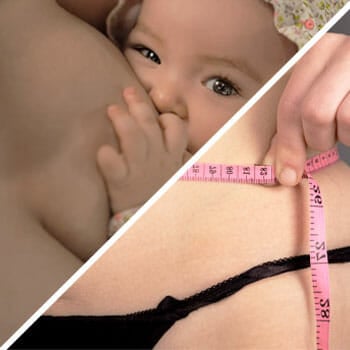
Yes, the process itself plays a role in weight loss. Breast milk production burns approximately 500 extra calories per day.
Milk production can be exhausting for a woman.
The analysis performed by Centers for Disease Control and Prevention (CDC), has shown that currently, 41% of U.S. women breastfeed exclusively for 3 months, and 19% breastfeed exclusively for 6 months. More than a third of U.S. women are obese, and understanding the maternal benefits of breastfeeding can be crucial [2].
The metabolism of new mothers focuses on breast milk production, which can be so energy-draining that some experts advise mothers to compensate for the energy used to make breastmilk by increasing the intake of calories [3].
According to the National Institutes of Health (NIH), women who exclusively breastfed for at least 3 months lost about 3.2 pounds more by 12 months after giving birth compared to those who didn't breastfeed or did so non-exclusively [4].
Should You Go On a Diet While Breastfeeding?

There are some tips and tricks that can help you get back in shape naturally after pregnancy that don’t involve fat burners.
Before you reach for a supplement or a strict diet, you can try:
- Eating a variety of healthy foods and making a healthy meal plan
- Exercising moderately
- Drinking plenty of water every day
It’s important to note that heavy dieting can deplete your breast milk of nutrients essential for the baby, so go with your weight loss plan gradually. Also, eating enough calorie-rich foods will keep your milk supply sufficient and give you much-needed energy.
A lot of experts agree that trying to suppress appetite or skipping meals while nursing is not a good idea:
‘’People may not get the vital nutrients they need if they skip meals, and this is potentially harmful to both women and babies following delivery.’’
- Valinda Riggins Nwadike, MD, MPH, medicalnewstoday.com
So, if you don’t want to risk your baby’s growth and development, pay attention to your nutrition and lose weight slowly and naturally.
Are There Any Safe Substitutes for Fat Burners While Breastfeeding?

From our practical knowledge and trials, we've found that the best substitute for fat burners is balanced nutrition, exercise, and a healthy diet. It might take a bit longer, but it's a safer and more sustainable approach.
This is how you can kill two birds with one stone - support the healthy development of your baby and your weight loss goals.
As a plus, you will keep your breast milk free from any suspicious substances.
Okay, you might need more patience to see the desired weight-loss results, but it’s definitely a much safer option than taking fat burners.
So, Should You Take Fat Burners While Breastfeeding?
Ingredients in diet pills pass through breast milk and are consumed by the baby.
Since there is no way to know if they are safe for babies to ingest, the advice for a new mother is to steer clear from taking fat burners while breastfeeding.
According to registered dietitian Carmelita Lombera, taking fat burners while breastfeeding is a big gamble for a mother to make.
Many fat burners contain high doses of caffeine which can make your baby restless and keep them awake.
Moderate exercise and balanced nutrition, as well as breastfeeding itself, can make you lose weight without any help from supplementation.
However, if you decide to take a risk and follow through with your weight loss program anyway, make sure to only use a fat burner with ingredients approved by the FDA.
References:
- https://www.pregnancybirthbaby.org.au/diet-and-medication-while-breastfeeding
- https://www.cdc.gov/breastfeeding/data/nis_data/results.html
- https://www.medicaldaily.com/why-does-breastfeeding-burn-so-many-calories-health-benefits-assocaited-397449
- https://www.ncbi.nlm.nih.gov/pmc/articles/PMC4312189/
About The Author
You May Also Like

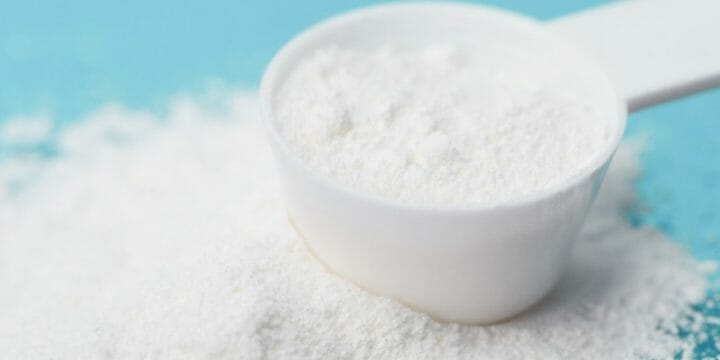

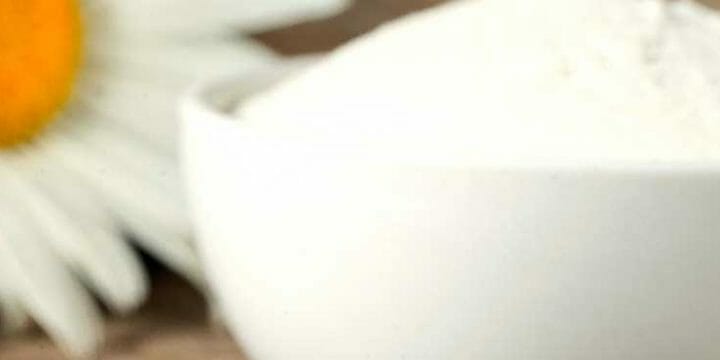
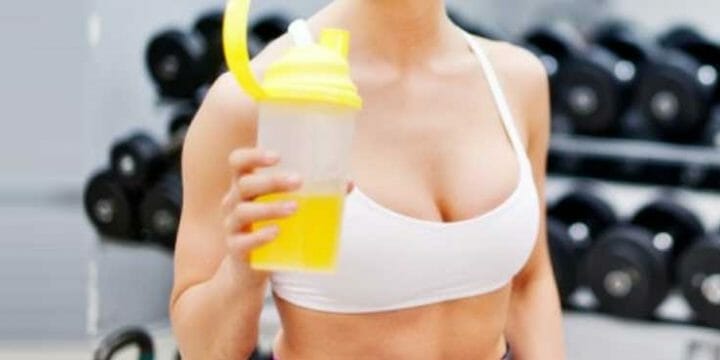


I appreciate how this article breaks down the risks for both mom and baby. It’s eye-opening to learn how stimulants in fat burners could cause restlessness in babies. Definitely sticking to balanced meals and light exercise for now